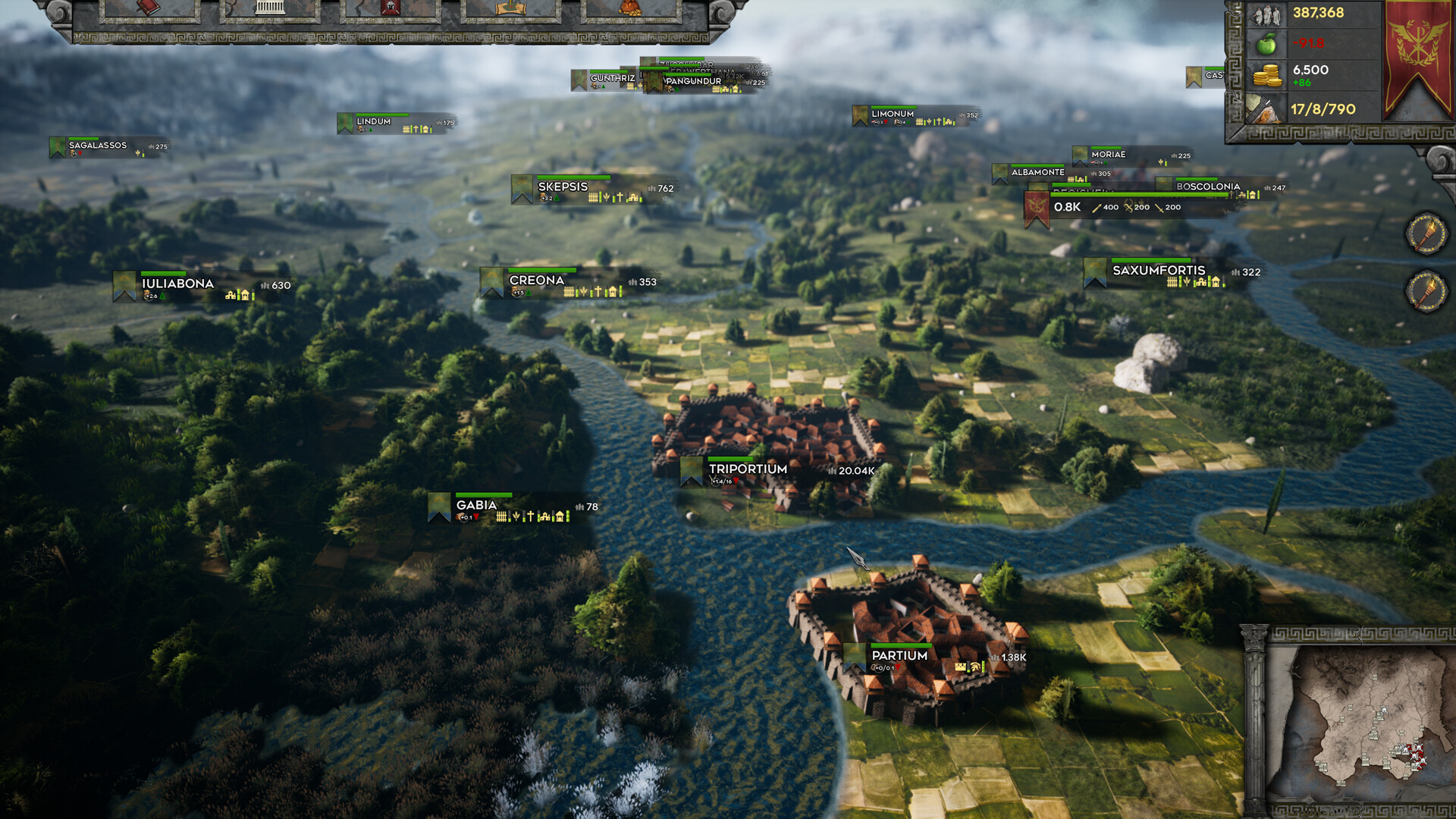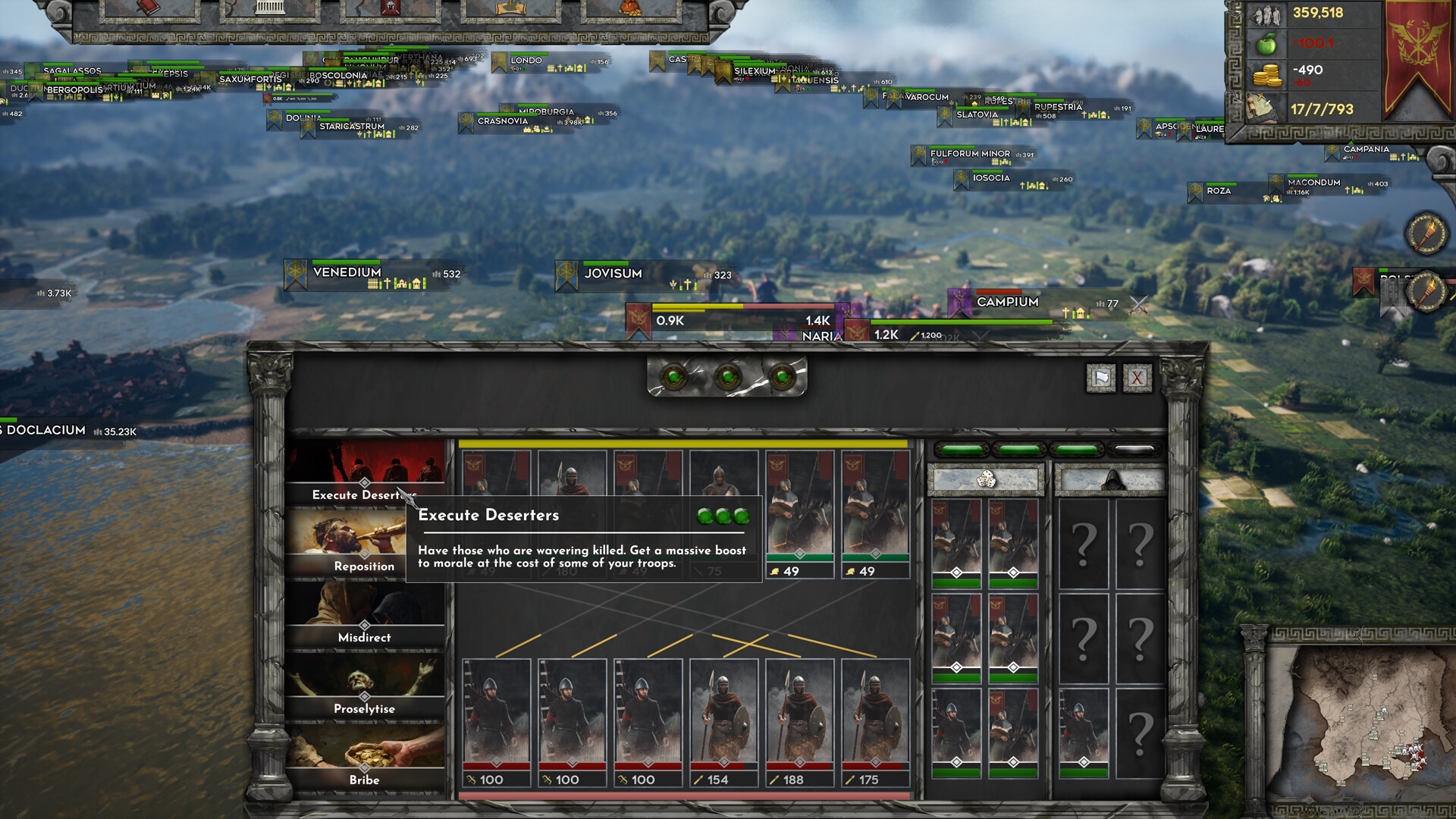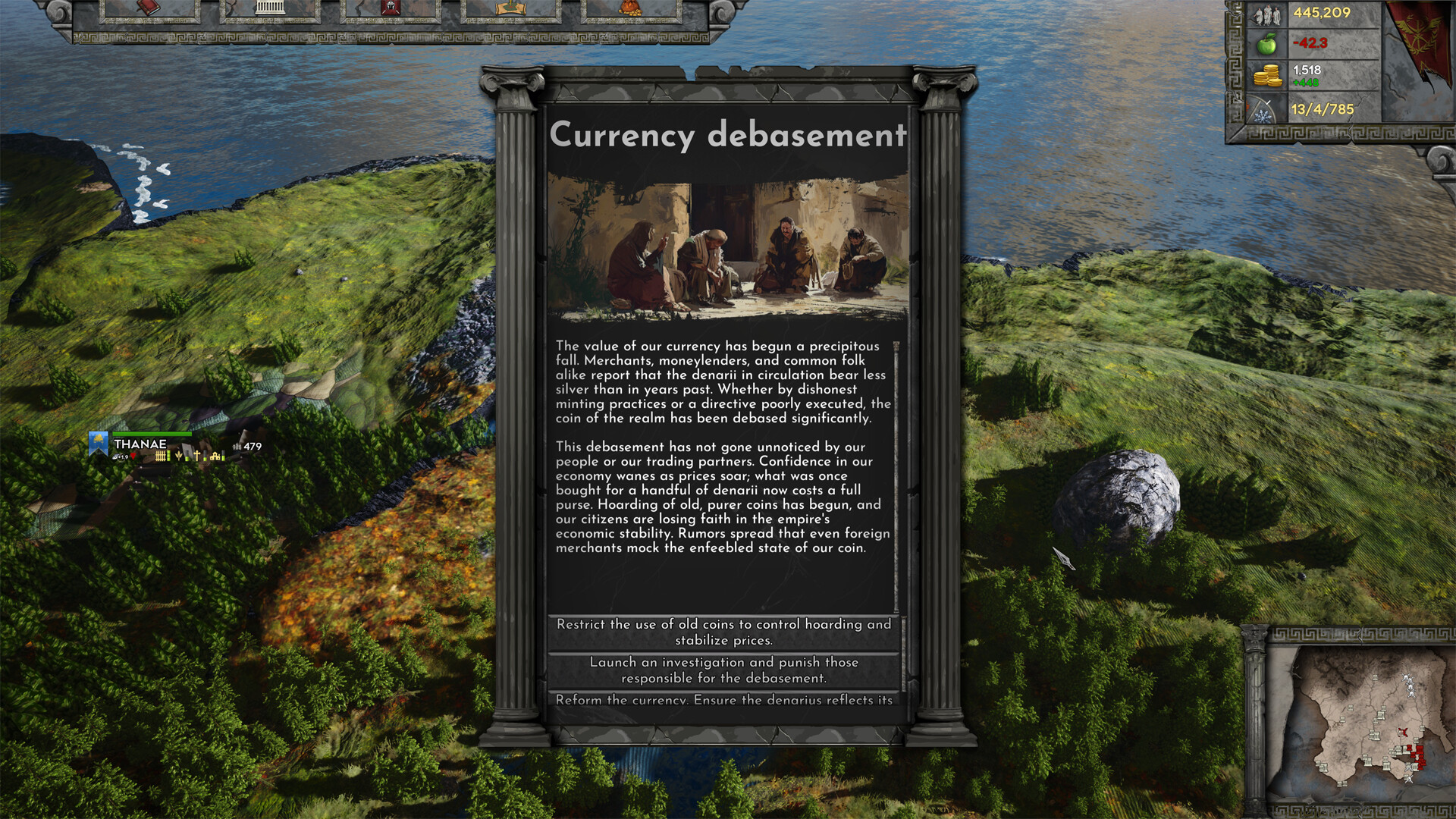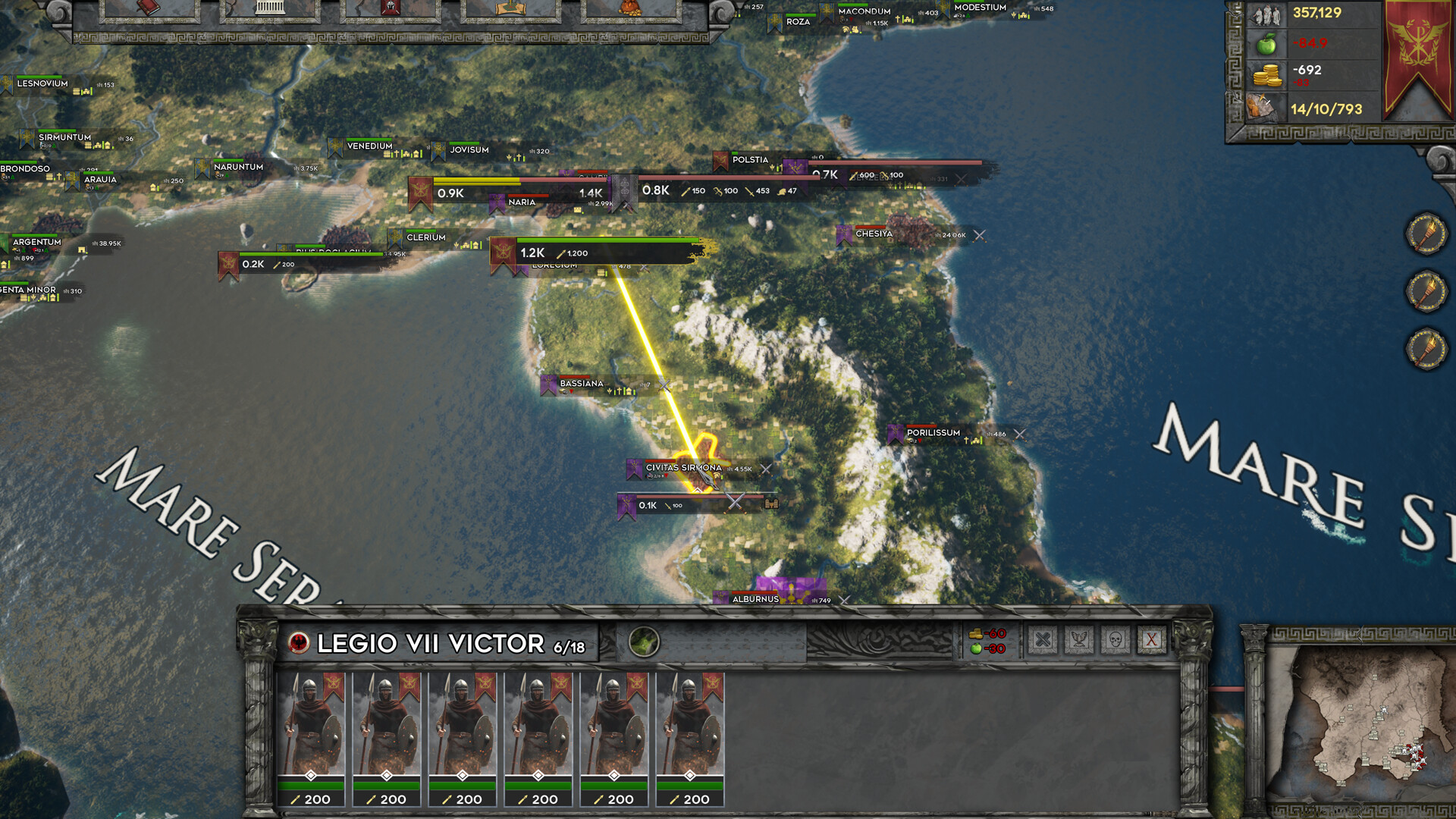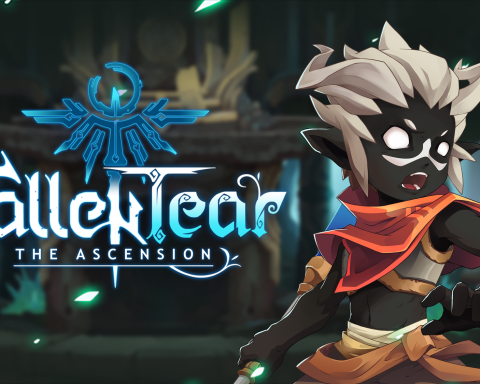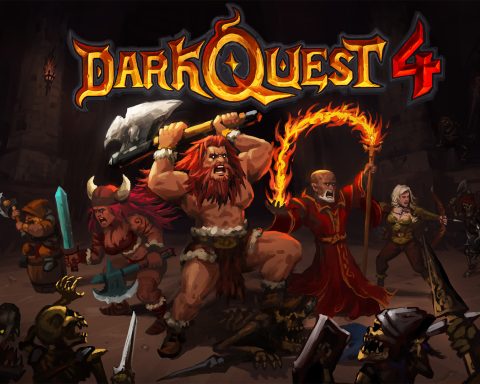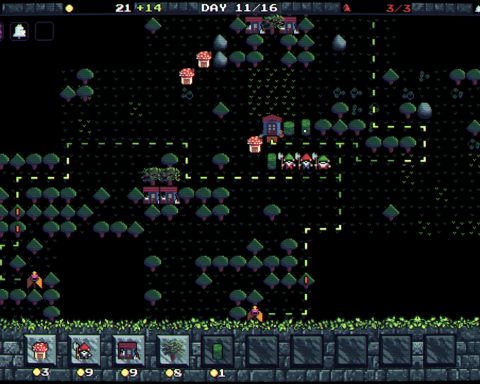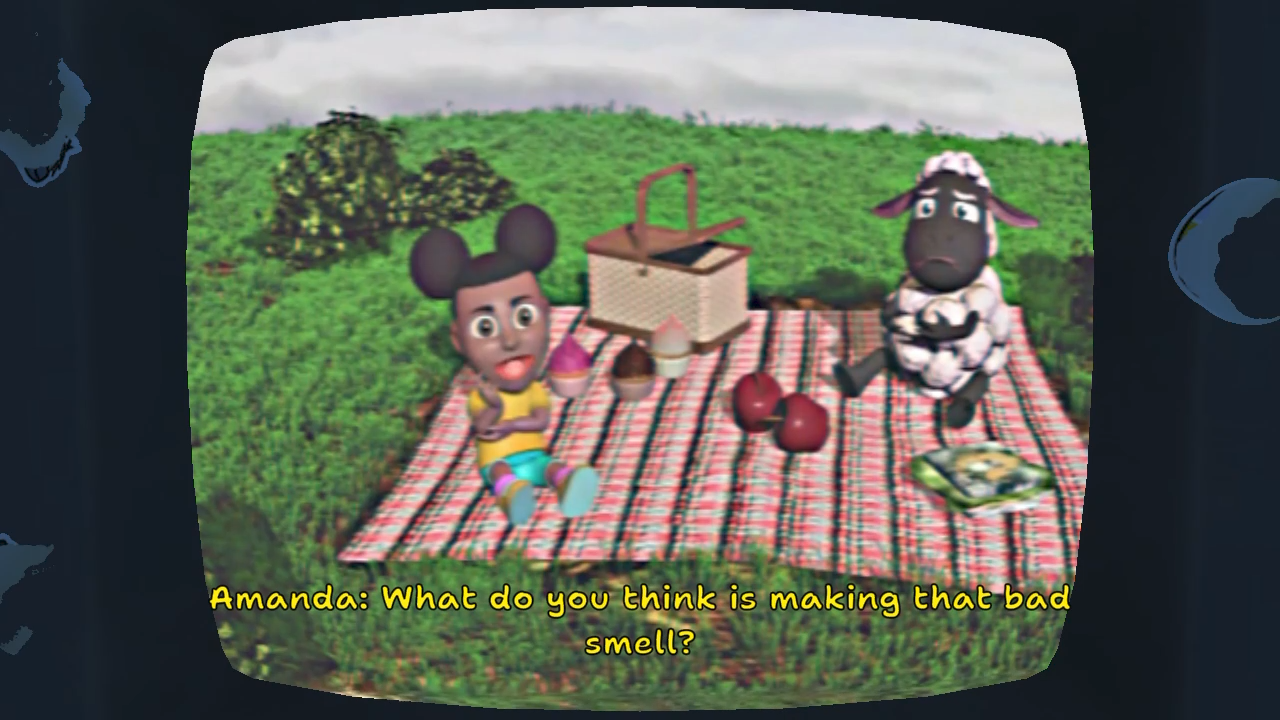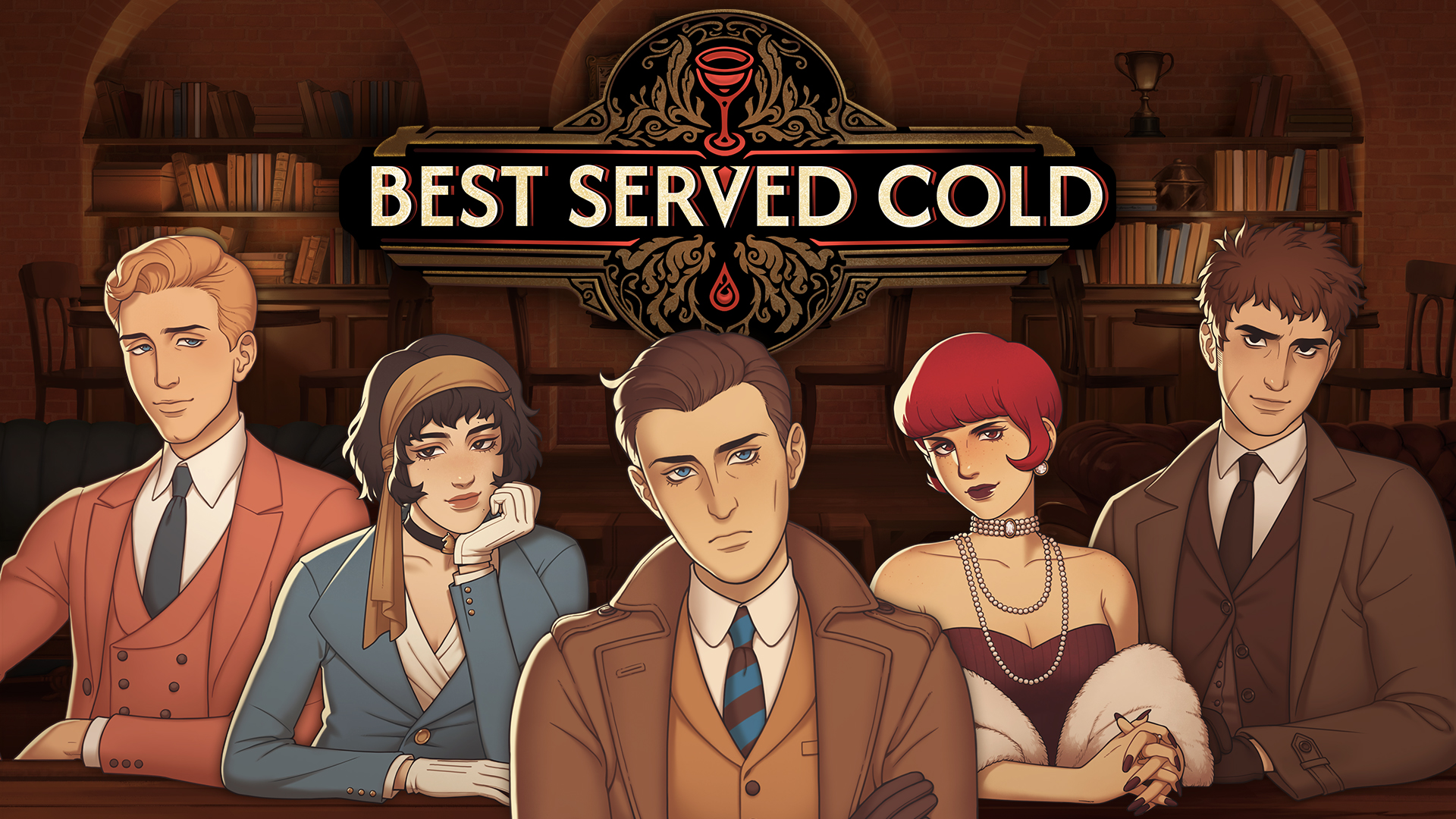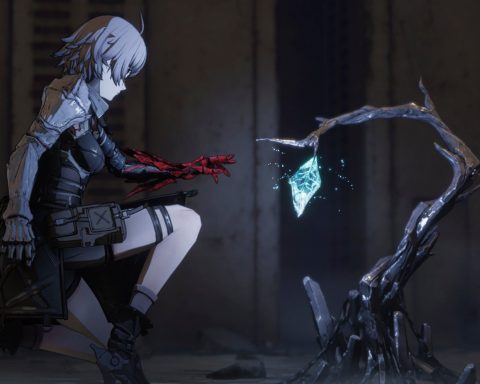Most 4X and empire-building strategy games are focused on building an empire up. Starting from humble roots and then carefully managing the economy, military, diplomacy and so on to become the most powerful nation of all. It’s a well-established formula, to the point that no one really questions it.
Enter Joe Gibbs, an Australian game developer and the largely one-man band behind JG Games. He saw an opportunity to invert the experience. What if you were a fading empire, with its collapse inevitable, and your goal was simply to hang on for as long as possible?
That’s the concept behind the fascinating Fall of an Empire. We sat down for a quick chat with Gibbs about what inspired this concept and what he hopes to achieve from it.
Matt S: What inspired you to develop this game?
Joe G: When I was about thirteen or fourteen I used to play a ton of games like Crusader Kings, Mount and Blade and Total War. I had a pretty bad computer – which is how it is when you don’t have a job yet – and so I couldn’t play the newest ones. In school, we had awful netbooks that couldn’t run anything made after 1999. There was a lot of Age of Empires during lunch breaks.
I mostly gave up on gaming when I got into university. I was so busy with assignments, extracurriculars and trying to fit in a social life that I just didn’t have the time. I think Fall of an Empire is therefore slightly retro – it’s got a bit more of the DNA of those older games.
In 2020 during COVID-19 I was stuck at home in the country with my family (I’d gone up to visit during a break in restrictions, and it was better than being stuck in a small apartment 23 hours a day), in my last year of uni. I didn’t have much to do, only a couple of online classes, so I was playing Mount and Blade again.
I had also been messing around with Unreal Engine for a couple of years, so I decided to try to make something like that game’s map in Unreal. That took me a couple of weeks, then I decided to add settlements, then provinces, then more and more gameplay elements. I was very on-and-off with it, but after a while, I decided that I should actually do something with the game and perhaps release it, so it took about a year of polishing to get to the state it’s in now.
Matt S: I would suggest that in most 4X and empire-building games players take great pleasure from seeing their empires grow. How do you think they’ll respond to this?
Joe G: I think you’d be right, it’s definitely a major draw. What I’m hoping is that when they’ve played enough 4X games over the last twenty years they’re looking for something a bit different, where it switches the formula up.
In addition to the games that I mentioned above, I also took inspiration from some old, old games: Space Invaders and Tetris, two of the oldest. In Space Invaders, you start off with slow-moving aliens and shields to defend yourself. As the game progresses, you lose the shields and the aliens speed up and fire faster, making the game more difficult. It’s the same in Tetris: the longer the game, the more blocks fall, bringing you closer to the end of the game.
I think one of the main problems with 4X and grand strategy games is that all the difficulty is upfront. The early game is by far the most important: fail here and it’s game over, succeed and you’ve got a head start that makes the game easier. The midgame is still fun, but succeed there and the endgame is a walk in the park – just mop up the far weaker enemies with your giant blob to achieve whatever arbitrary condition the devs put on you to receive a cutscene.
Matt S: Were there any particular “empire deaths” that you’ve modelled this game on? How did you go about researching the mechanics that you’ve worked into the game?
Joe G: It’s definitely a very Western Rome-themed game, so that’s where most of the inspiration comes from. All the styles – clothing, buildings, names, are based around that. I tried to make the Empire seem authentically ancient, and on its last legs.
It was interesting in my research to find how in the later Rome, the political system became more feudal, despotic and tyrannical: the plebs (common people) got tied to their land, the Emperors became more authoritarian – there’s an interesting analysis about how statues of Constantine the Great were similar to statues commissioned by Stalin – the tax collection also got more brutal, which caused a constant peasant insurgency.
I also took some inspiration from the fall of the Byzantine Empire a thousand years later: some of the styles and names are more Greek than Latin, and the culture of the Empire is strongly Christian, something that was less the case in Rome and more in Byzantium.
Matt S: I notice in the media release you do flag how small Australia’s games industry is (at least in terms of the number/frequency of games released) – did you find your own game a challenge because of this?
Joe G: Tech in Australia is fast-growing industry, but there’s a big contrast between software development and game development. If you’re in the inner east of Melbourne you can’t go a day without running into someone who is doing something in AI, or making an app, or working at a software company. It’s not quite the same when it comes to game development because the industry is smaller here. I haven’t run into any other game devs in my personal life – I think the last time would have been in university. I haven’t been to any game development events in Australia either.
The size of the Australian market alone means there are less development firms, and less funding available for game development. We’re also a less mature market compared to the US or Japan markets for instance, but I think this is beginning to change with more local freelance and indie developers releasing some really impressive games.
Matt S: Empire-management and 4X games are notoriously challenging to balance and resource. How did you approach that challenge as a one-man-band?
Joe G: The game is totally self-funded with the salary from my full-time job, and after important things like rent, food and savings, is pretty low budget, so I have tried to do as much as possible myself (of course, I’m not a great artist or musician so I had to outsource for that kind of stuff – the artists have all done great jobs, and my friend happened to know a really good musician so he did my soundtrack). This, of course meant that there was a ton of work that I had to do, which is difficult when you have a full-time job and want to do anything else. I usually put in three or so hours after work, and 6-12 hours each on Saturday and Sunday.
I think real, hands-on playtesting is the key to this. When you make a game it’s hard to properly evaluate its merits because it’s very hard to stop yourself from blasting through the game at 4x speed and hitting all the objectives as fast as you can.
If you get someone you know who plays games, and watch them do a full playthrough, you get a much better idea of how it needs to be balanced. You can see them go through and say “Hold on, why is the Tax Collector building not worth constructing? Shouldn’t it increase my taxes more? I think cavalry are too weak for how much they cost. What’s the point of garrisoning troops? The unrest doesn’t actually increase enough to matter.”
Since balance is really subjective (see Helldivers recently, that game switched up weapons to supposedly be more balanced, players hated it, they got a ton of negative reviews) the number one thing is to make sure that other people think that it’s balanced.
Matt S: Finally, what do you hope to achieve with this game?
Joe G: I want to have released a game that influences other games. I’d like for it to be part of a renaissance of strategy games. They used to dominate the PC market in the 1990s – today more people are playing 1997’s Age of Empires 2 than they are 2021’s Age of Empires 4. Where’s the new hit like that? FPS games are huge. Every year or two we seem to get a new groundbreaking RPG, every couple of months a new Soulslike action RPG. Strategy games are few and far between, much more of a niche than the other genres.

